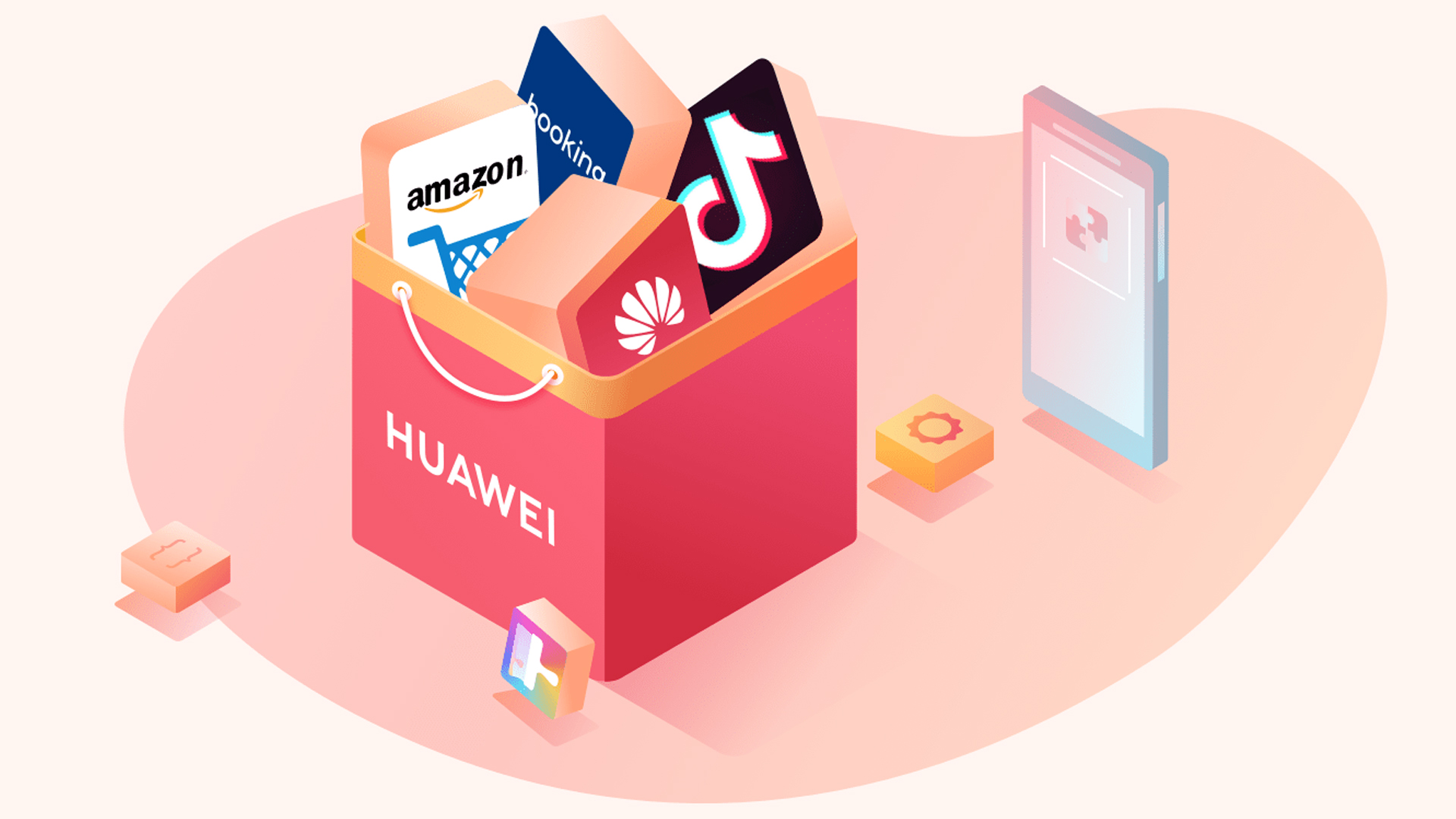China’s mobile market is undergoing significant changes. They are clearly visible on the example of the conflict between Huawei and the publisher Tencent, which does not want to pay a 50% commission to the store. Analysts believe that now it is not content distribution channels that come out in the first place, but its quality. So local Android stores may soon lose their influence.The essence of the conflict between Tencent and Huawei

On January 1, Huawei, which controls 43% of the local smartphone market, removed all Tencent games from its AppGallery store.
- Users were dissatisfied with this decision, as many of them are fans of Tencent projects and do not want to lose the opportunity to play titles like Honor of Kings.
- In just a few hours, the entire Tencent catalog is back in AppGallery.
- Both companies did not comment on the situation, saying only that the agreement was reached as a result of “friendly negotiations”.Sources familiar with the situation told the South China Morning Post that the conflict occurred due to the size of the commission charged.
- Huawei insisted on keeping it at 50%, while Tencent tried to achieve a reduction to 30%.Why is there such a large commission in Chinese stores?
Google Play is officially blocked in China, and therefore developers are forced to use the services of third-party stores.
- Many of them belong to local manufacturers of Android smartphones.Developers are often forced to rely on pre-installed device stores from manufacturers, and those, in turn, overestimate the commission by up to 50%.
- Recently, the situation has begun to change.
- Users have become less likely to use only pre-installed stores, downloading interesting games outside of stores from device manufacturers.That is why publishers are trying to reduce the commission.
- Back in July last year, Tencent privately appealed to distributors and manufacturers of smartphones, trying to persuade them to reconsider their policy.The shift in the Chinese market can also be traced by the example of Genshin Impact.
The game was removed from AppGallery a few days before the release (the developers refused to pay a 50% commission), which did not prevent it from becoming one of the most successful releases of last year.
Opinion of experts and industry representativesLiao Xuhua, an employee of the Analysys consulting agency, believes that the days when Chinese smartphone manufacturers will be able to take 50% of revenue are numbered.
“The situation will definitely change in the future,” he says.
William Ding Lei, founder of NetEaese, speaks positively about the Genshin Impact case. According to him, the success of developers will be able to force platform holders to reduce the commission.
Analysts believe that soon in China, the dominant role in the distribution of content will be played not by the owners of stores, but by the developers and publishers themselves.
Tencent is unlikely to lose a large audience if its games are removed from the AppGallery again — users will be able to download them elsewhere. For Huawei, on the contrary, this could mean serious losses, given the publisher’s large share in the gaming market.
Due to strict restrictions and difficulties in obtaining a license to publish games in China, users will also pay more and more attention to the quality of titles. “High—quality content is becoming rarer on the market, which increases the influence of game creators,” says analysts Chundi Zhang.
